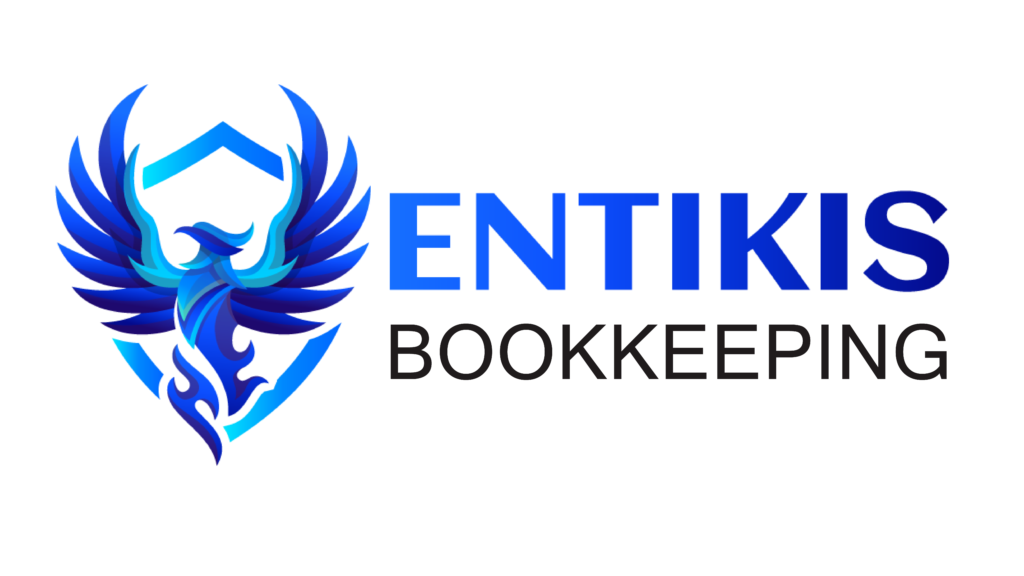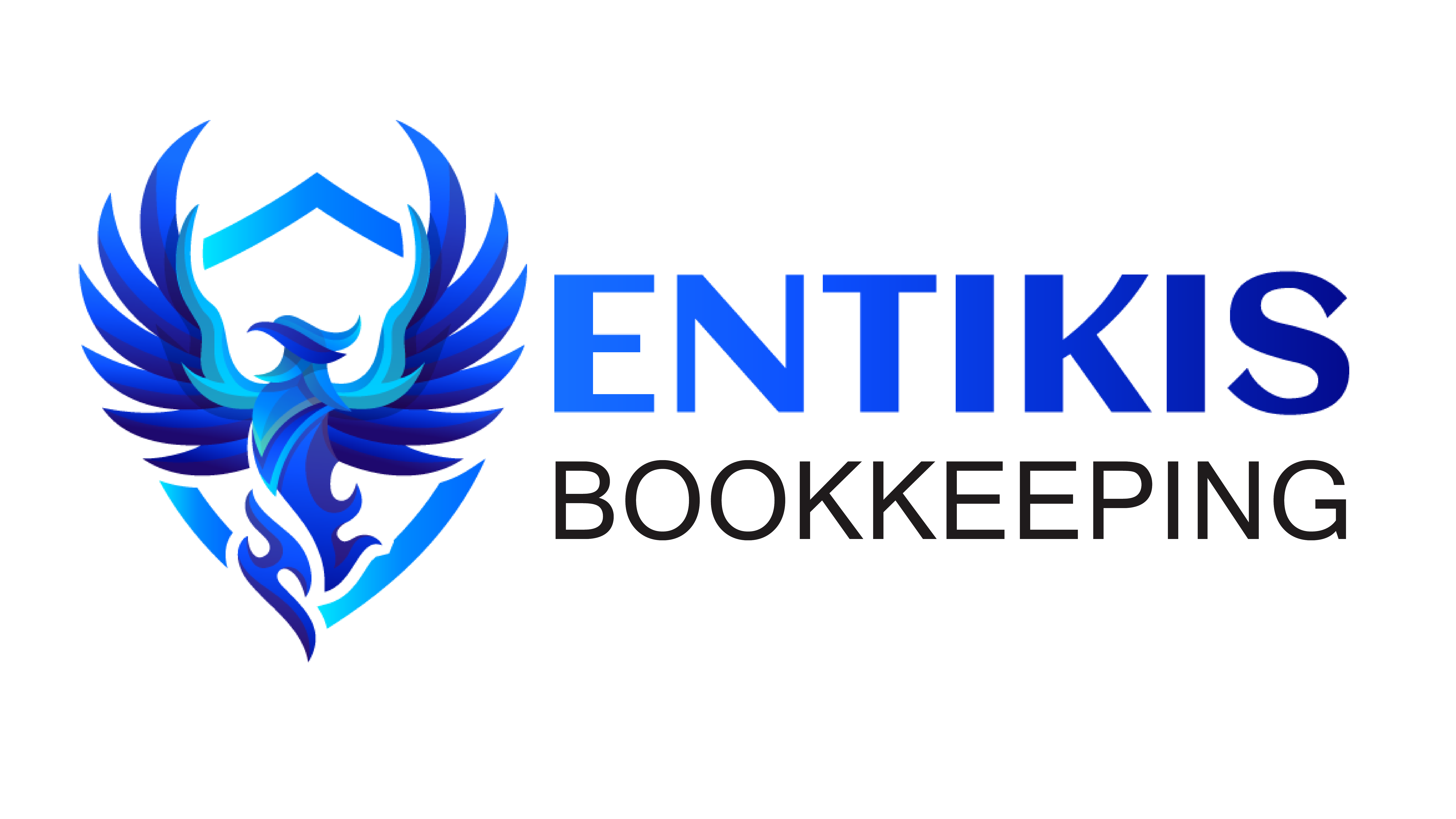
QuickBooks for Tax Season
Tax season can be a daunting time for businesses of all sizes. Keeping track of expenses, income, deductions, and various financial transactions can quickly become overwhelming without the right tools. However, with the advent of technology, managing taxes has become more efficient and streamlined. One such tool that has revolutionized the way businesses handle their finances is QuickBooks. In this guide, we’ll explore how businesses can leverage QuickBooks to navigate tax season with ease.
-
Organizing Financial Data: QuickBooks offers robust features for organizing financial data, making it easier to track income, expenses, and other relevant financial information throughout the year. By categorizing transactions accurately and consistently, businesses can ensure that their financial records are well-organized and ready for tax season. Utilizing features such as bank reconciliation, expense tracking, and invoicing can streamline the process and provide a comprehensive overview of the company’s financial health.
-
Generating Financial Reports: One of the key advantages of QuickBooks is its ability to generate various financial reports with just a few clicks. During tax season, businesses can leverage these reports to gain insights into their financial performance and ensure compliance with tax regulations. Reports such as profit and loss statements, balance sheets, and cash flow statements provide valuable information that can aid in tax planning and preparation.
-
Tracking Deductions and Expenses: Tracking deductions and expenses is essential for minimizing tax liabilities and maximizing returns. QuickBooks simplifies this process by allowing businesses to categorize expenses, track deductions, and generate reports that highlight deductible expenses. By accurately recording expenses throughout the year, businesses can ensure that they take full advantage of available deductions during tax season.
-
Managing Payroll and Employee Taxes: For businesses with employees, managing payroll and employee taxes is a critical aspect of tax season. QuickBooks offers integrated payroll solutions that automate payroll processing, tax calculations, and filing. By syncing payroll data with accounting records, businesses can ensure accuracy and compliance while minimizing the risk of errors or penalties associated with payroll tax filings.
-
Integration with Tax Preparation Software: QuickBooks seamlessly integrates with popular tax preparation software, allowing businesses to transfer financial data directly from QuickBooks to their tax preparation software. This integration eliminates the need for manual data entry and ensures accuracy and consistency between financial records and tax filings. By leveraging this integration, businesses can streamline the tax preparation process and reduce the risk of errors or discrepancies.
-
Staying Compliant with Tax Regulations: Tax laws and regulations are constantly evolving, making it challenging for businesses to stay compliant. QuickBooks helps businesses stay up-to-date with tax regulations by providing regular updates and compliance features. By utilizing these features, businesses can ensure that their tax filings are accurate and compliant with current tax laws, minimizing the risk of audits or penalties.
-
Utilizing Cloud-Based Solutions for Remote Access: With the increasing trend towards remote work, cloud-based accounting solutions have become essential for businesses. QuickBooks offers cloud-based solutions that enable remote access to financial data from anywhere, at any time. This flexibility is particularly valuable during tax season, as it allows businesses and tax professionals to collaborate seamlessly on tax preparation and filings, regardless of their location.
Conclusion: Navigating tax season can be a challenging task for businesses, but with the right tools and strategies, it can be made much more manageable. QuickBooks offers a comprehensive suite of features and solutions that simplify tax preparation, ensure compliance, and maximize returns. By leveraging QuickBooks effectively, businesses can streamline their tax processes, minimize errors, and focus on what matters most – growing their business.
Tax Season
Tax season is a time of year that can evoke a range of emotions, from anxiety to relief, depending on your individual circumstances. For many, it’s a time of sorting through financial documents, filling out forms, and perhaps even facing the reality of owed taxes. In this comprehensive guide, we’ll explore the various aspects of tax season, from understanding the basics of taxation to navigating deductions and credits, and finally, tips for managing the process efficiently.
Understanding Taxation Basics
At its core, taxation is the means by which governments finance their spending by levying charges on citizens and businesses. These charges, known as taxes, come in various forms, including income taxes, sales taxes, property taxes, and more. Income tax is one of the most common forms of taxation, and it’s what most individuals encounter during tax season.
Income tax is typically based on a percentage of your income, with different rates applying to different income brackets. Understanding which bracket you fall into is essential for calculating how much tax you owe. Tax brackets can vary depending on your filing status (single, married filing jointly, married filing separately, or head of household) and can change from year to year due to updates in tax laws.
Navigating Deductions and Credits
Deductions and credits play a significant role in reducing your taxable income and, ultimately, the amount of tax you owe. Deductions are expenses that you can subtract from your taxable income, thereby lowering the amount of income subject to taxation. Common deductions include mortgage interest, charitable contributions, and certain medical expenses.
Credits, on the other hand, directly reduce the amount of tax you owe. While deductions reduce your taxable income, credits reduce the actual amount of tax owed dollar for dollar. There are various types of tax credits available, including the Earned Income Tax Credit (EITC), Child Tax Credit, and Education Credits, among others. Understanding which deductions and credits you qualify for can significantly impact your tax liability.
Tips for Managing Tax Season Efficiently
Managing tax season efficiently requires careful organization and attention to detail. Here are some tips to help streamline the process:
-
Gather your documents early: Start collecting your financial documents, including W-2s, 1099s, receipts for deductible expenses, and any other relevant paperwork, as soon as possible. Having everything in one place will make it easier to file your taxes accurately and on time.
-
Consider filing electronically: Electronic filing (e-filing) offers several advantages over traditional paper filing, including faster processing times and fewer errors. Many tax preparation software programs also provide step-by-step guidance and built-in error checks to help ensure accuracy.
-
Don’t overlook deductions and credits: Take the time to explore all available deductions and credits that you may qualify for. Even if you think you don’t qualify for certain credits, it’s worth investigating further, as eligibility criteria can be complex and may vary depending on your specific circumstances.
-
Seek professional help if needed: If your tax situation is particularly complex or if you’re unsure about how to proceed, don’t hesitate to seek assistance from a qualified tax professional. An accountant or tax advisor can provide personalized guidance and help ensure that you’re maximizing your tax savings while staying compliant with applicable laws and regulations.
Conclusion
Tax season may seem daunting at first, but with careful planning and attention to detail, it’s possible to navigate the process efficiently and minimize stress. By understanding the basics of taxation, exploring deductions and credits, and following best practices for managing tax season, you can take control of your finances and make the most of your tax return. Remember, the key is to start early, stay organized, and seek help when needed. With the right approach, tax season can be a manageable—and even rewarding—experience.
1️⃣ Simplified Record-Keeping: QuickBooks helps you keep track of all your income and expenses throughout the year, making it a breeze to organize your financial data for tax purposes.
2️⃣ Accuracy & Efficiency: Say goodbye to manual calculations! QuickBooks automates many processes, reducing errors and saving you time.
3️⃣ Tax Deduction Tracking: Easily monitor deductible expenses and ensure you’re not missing out on potential tax deductions.
4️⃣ Report Generation: Generate detailed financial reports and tax-ready documents at the click of a button, saving you from the headache of sorting through paperwork.
5️⃣ Real-time Insights: Keep an eye on your financial health year-round with real-time data and insights, helping you make informed decisions.
6️⃣ Secure Data: Your financial data is kept safe and secure with QuickBooks, giving you peace of mind.
7️⃣ Saves You Money: By simplifying your financial management, QuickBooks can help you avoid costly mistakes that might result in penalties or overpayment of taxes.
Make this tax season stress-free and efficient with QuickBooks! If you haven’t already, give it a try and experience the benefits firsthand.
If You Are Looking For Professional Bookkeeping Services, Please Contact Us At Admin@Entikis.Com And 817-415-1715 To Learn More About How Entikis Bookkeeping Can Support Your Journey To Success! Located At 640 Taylor St Suite , Fort Worth, TX, United States, Texas. We Offer Professional Bookkeeping Services For Businesses In The Burleson, Fort Worth And The Surrounding Tarrant County Metroplex.Selecting The Appropriate Accounting Software Is A Critical Decision For Any Business, Regardless Of Size Or Industry.




